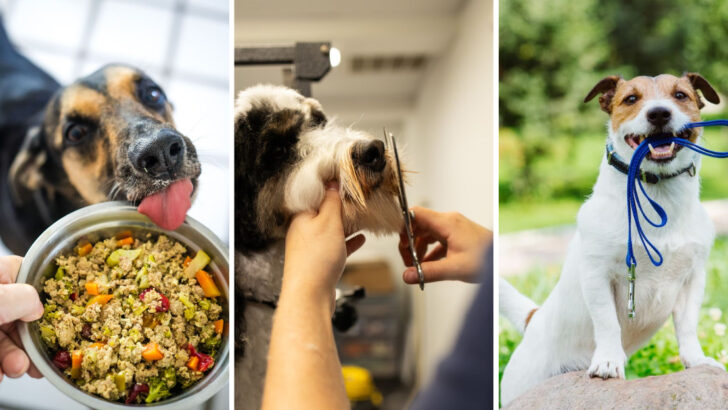Your dog isn’t just a pet—it’s a four-legged ball of love, mischief, and pure joy. But keeping them happy and healthy? That takes more than belly rubs and the occasional treat.
The good news? You don’t need fancy gadgets or endless free time to give your pup the life they deserve. Just a few simple daily habits can make all the difference. Tiny tweaks. Big results. More tail wags.
From morning walks to mental workouts, we’ve rounded up 25 easy ways to boost your dog’s well-being. Whether you’re a seasoned dog parent or a first-time pup owner, these tips will keep your furry friend thriving.
Let’s jump in and make every single day the best day ever—for them and for you!
Morning Walks
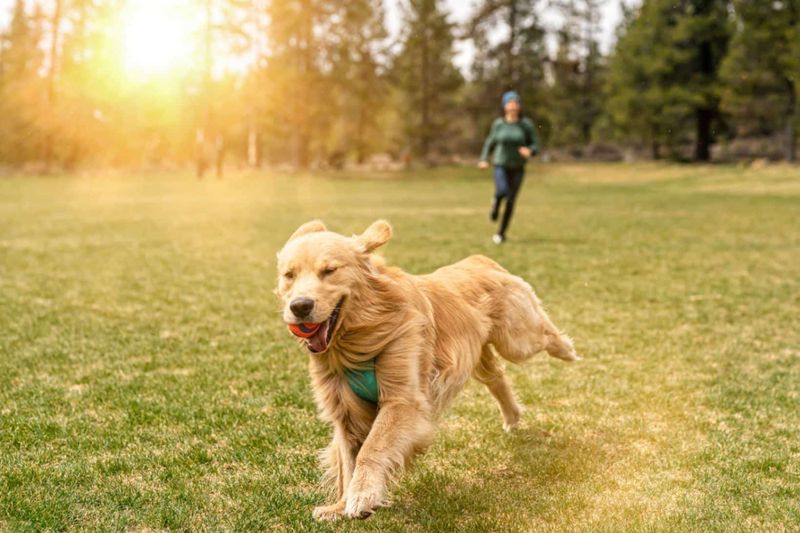
Taking your dog for a morning walk sets a positive tone for the day. These walks provide essential exercise, helping to maintain a healthy weight and improving cardiovascular health. The fresh air and sunlight boost their mood and energy levels, preparing them for a day filled with activities.
Morning walks also offer opportunities for socialization. Encountering other dogs and people enriches their social skills, reducing behavioral issues. This daily routine strengthens your bond, as shared experiences create lasting memories. Prioritize morning walks to ensure your dog starts the day on a healthy, happy note.
Balanced Diet
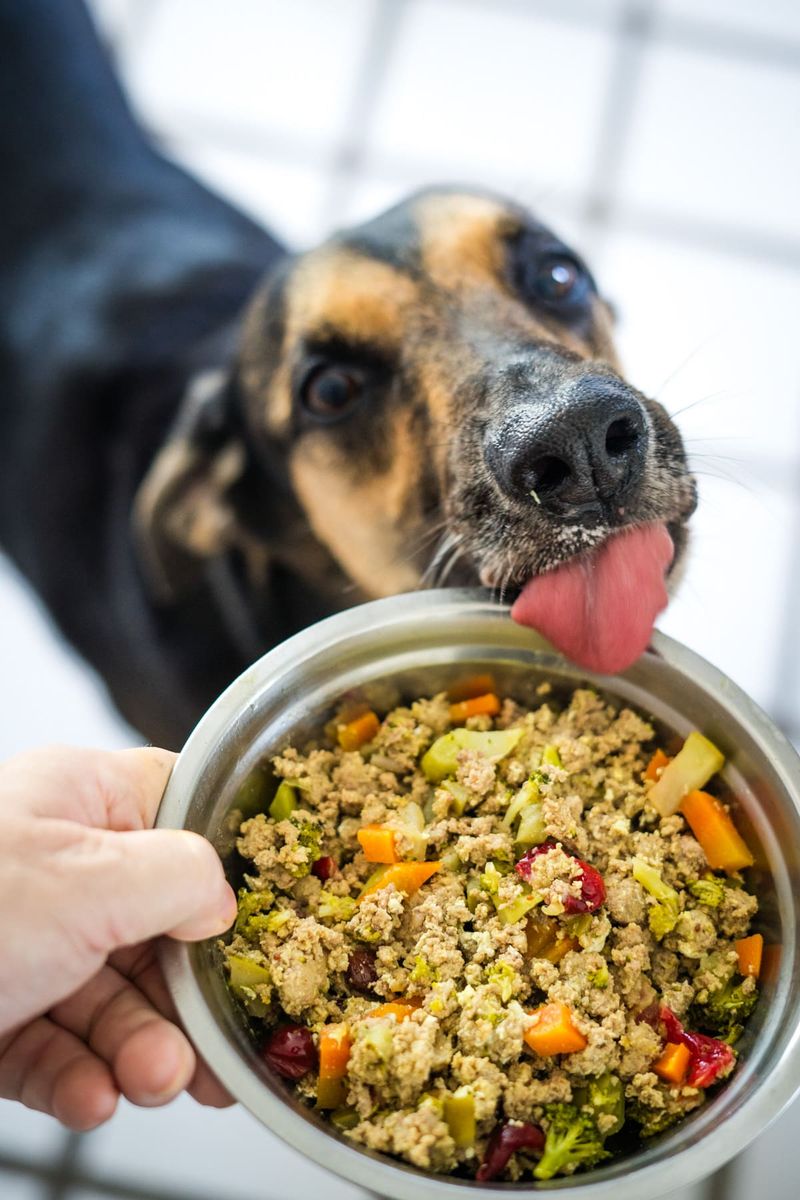
Providing a balanced diet is crucial for your dog’s overall well-being. A diet rich in nutrients supports strong bones, shiny fur, and a robust immune system. Include a variety of proteins, carbohydrates, and fats to ensure your dog receives all the necessary nutrients.
Fresh vegetables and lean meats can enhance their meals, making them more appealing and nutritious. Avoid processed foods, as they can lead to health issues over time. Consulting with a veterinarian can help tailor a diet specific to your dog’s needs. A nutritious diet is foundational to a healthy, happy dog.
Regular Vet Check-ups
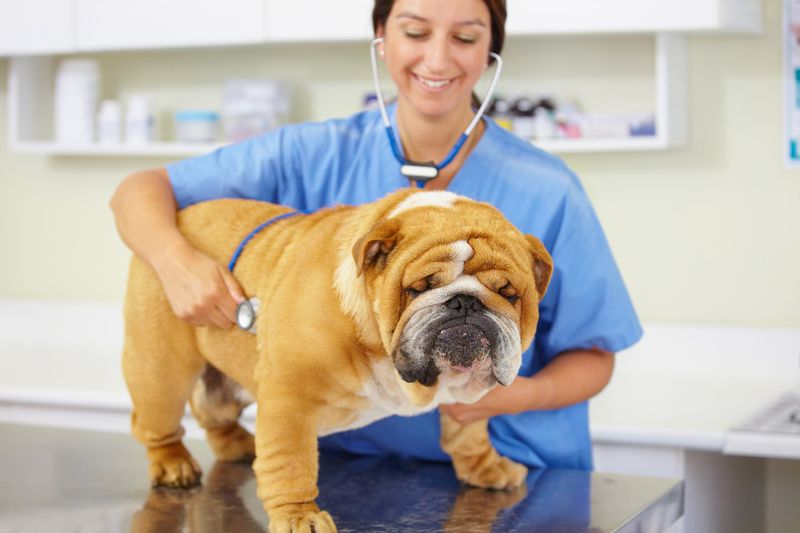
Regular veterinary check-ups are essential for preventing health issues. These visits allow for early detection of potential problems, ensuring timely treatment and management. Routine exams include vaccinations, dental checks, and overall health assessments.
Building a relationship with your vet helps them understand your dog’s specific needs and history. It’s an opportunity to discuss concerns about behavior or diet changes. Regular check-ups provide peace of mind, knowing your dog is in good health. Prioritize these visits to maintain your dog’s well-being and address any issues before they escalate.
Interactive Play
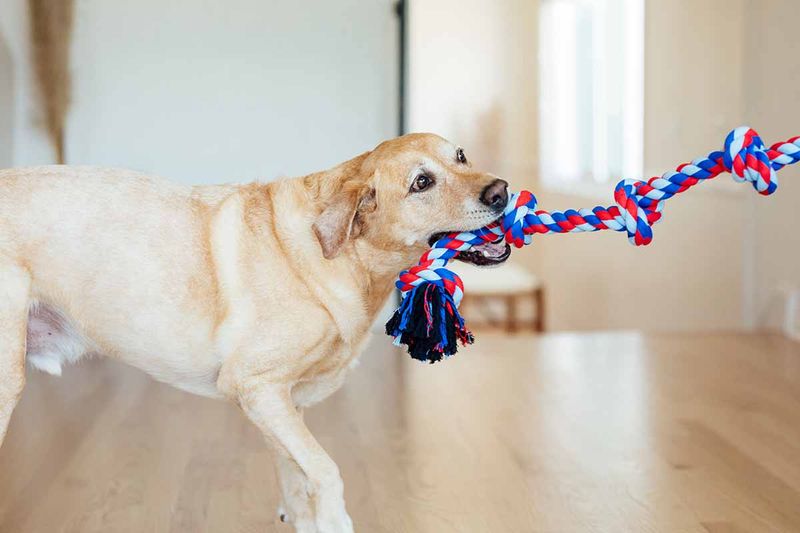
Interactive play is vital for your dog’s physical and mental stimulation. Engaging activities like fetch or tug-of-war challenge them physically, promoting muscle tone and agility. These games provide mental enrichment, keeping your dog sharp and focused.
Playtime strengthens the bond between you and your dog, fostering trust and happiness. It’s a time for laughter and joy, creating cherished moments. Ensure you incorporate a variety of games to keep things exciting and engaging. Regular play sessions contribute significantly to your dog’s overall health and happiness.
Hydration
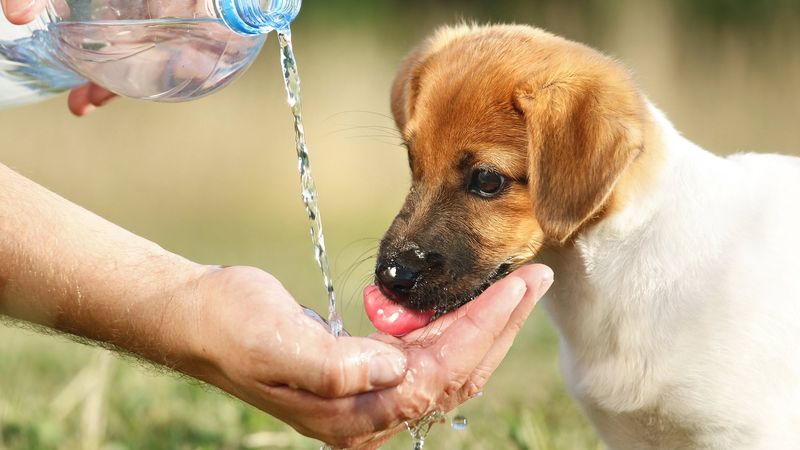
Keeping your dog hydrated is a fundamental aspect of their health care. Access to fresh, clean water ensures proper bodily functions, supporting digestion and temperature regulation. Hydration is vital, especially during warmer months, to prevent dehydration and heat exhaustion.
Monitor your dog’s water intake, encouraging them to drink regularly. Consider placing multiple water stations around your home and garden for convenience. If you notice any changes in drinking habits, consult your vet. Maintaining hydration keeps your dog’s energy levels balanced and contributes to their overall well-being.
Mental Stimulation
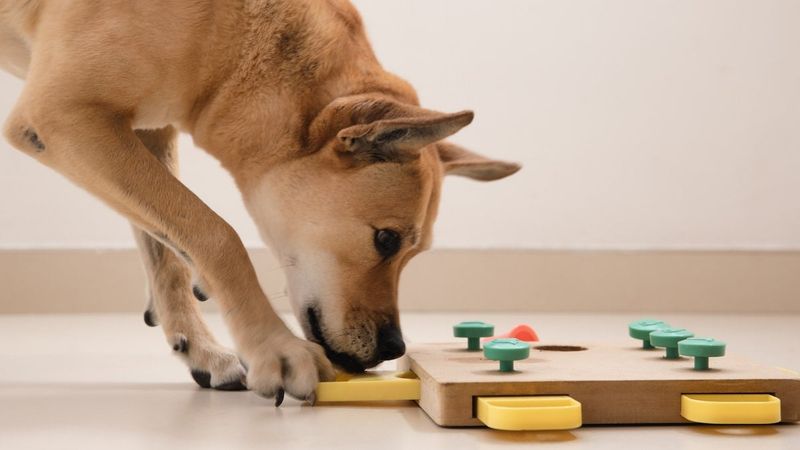
Mental stimulation is as crucial as physical exercise for your dog’s health. Providing puzzle toys or training exercises keeps their mind active and reduces boredom-induced behaviors. Mental challenges improve problem-solving skills and enhance focus.
Incorporate varied activities, such as scent games or learning new tricks, to keep your dog engaged. Regular mental stimulation helps prevent cognitive decline as they age. It also addresses behavioral issues like excessive barking or chewing. A mentally stimulated dog is a happy and well-balanced pet, thriving in their environment.
Grooming Routine
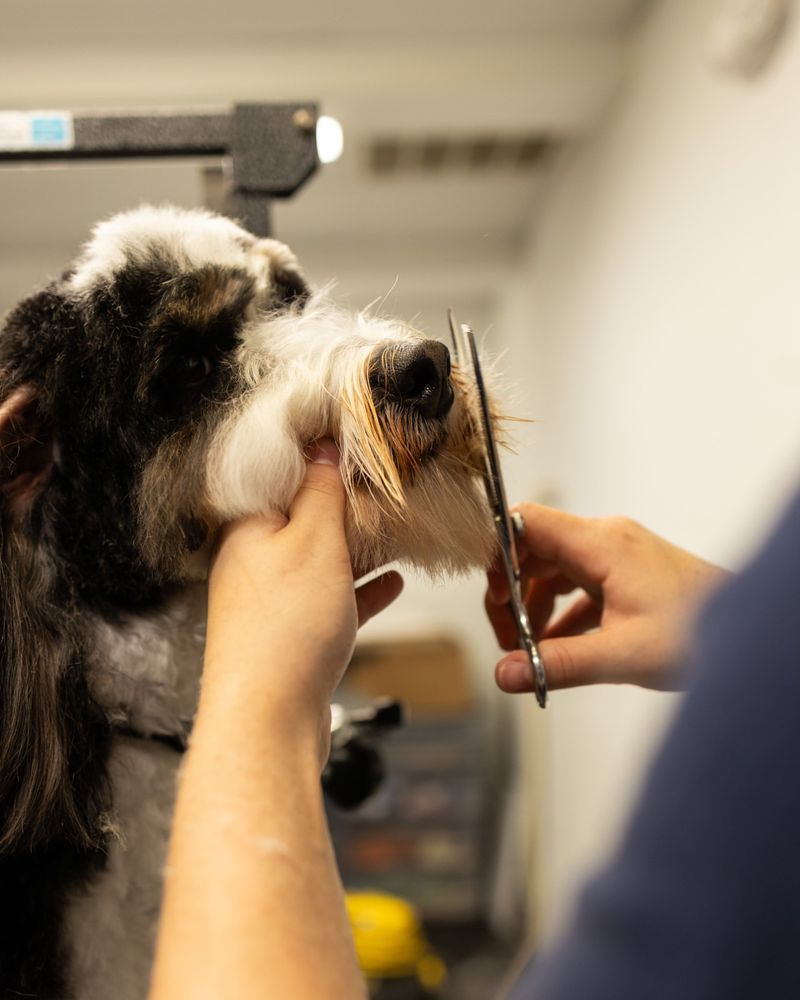
Regular grooming is a vital component of your dog’s health and happiness. Brushing removes loose fur and dirt, promoting a healthy coat and reducing shedding. It also stimulates blood circulation, contributing to skin health.
Grooming sessions offer an opportunity to check for ticks or skin issues, ensuring early detection and treatment. Bathing, nail trimming, and ear cleaning are essential aspects of grooming. Establish a routine that suits your dog’s breed and coat type. Grooming not only improves their appearance but also strengthens your bond, showing your care and attention.
Training Sessions
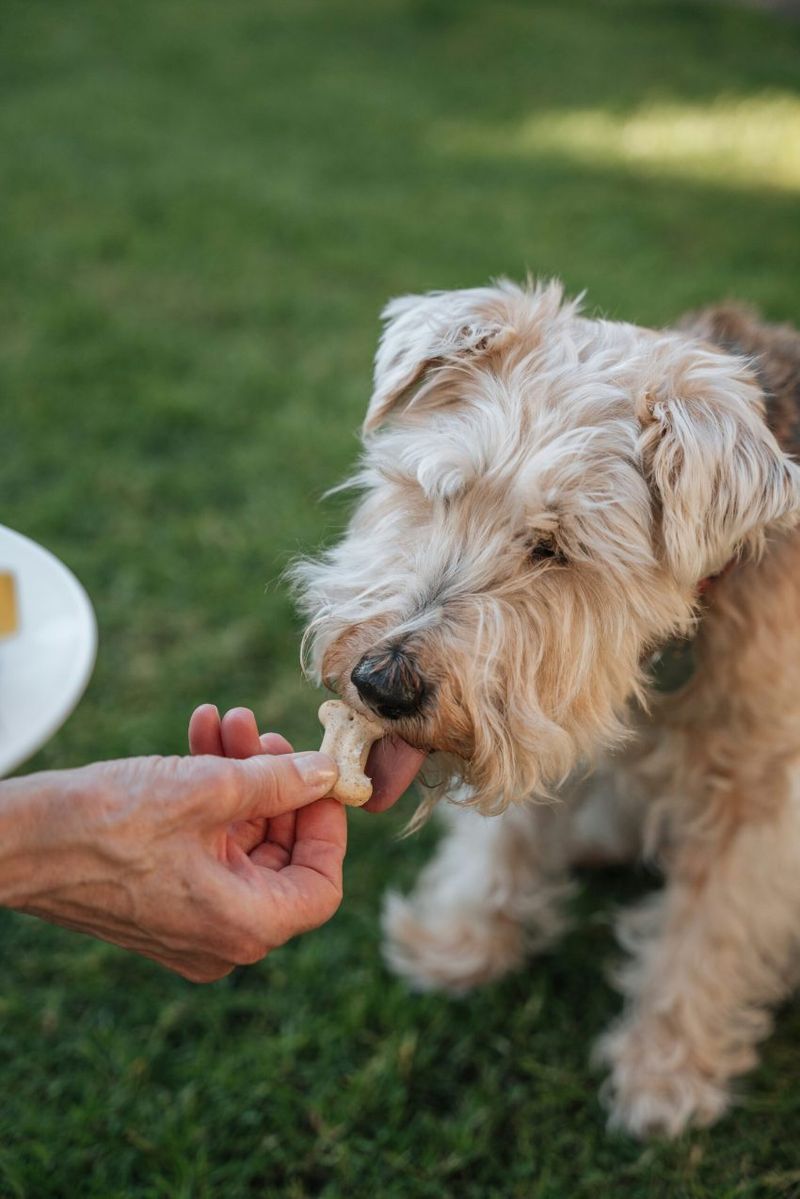
Regular training sessions are essential for a well-mannered and confident dog. Training reinforces commands, improving communication between you and your pet. It instills discipline and helps manage behavioral issues like jumping or barking excessively.
Training is mentally stimulating, offering problem-solving opportunities and focus enhancement. Use positive reinforcement techniques to encourage desired behaviors. Training sessions also strengthen your relationship, fostering trust and respect. Incorporate training into daily routines to ensure consistency and effectiveness. A well-trained dog is not only happier but also safer and more enjoyable to be around.
Quality Sleep

Quality sleep is crucial for your dog’s health and happiness. Adequate rest supports physical recovery and mental well-being, helping them remain active and alert during the day. Providing a comfortable sleeping environment, free from disturbances, promotes restful slumber.
Ensure your dog has a cozy bed that suits their size and sleeping habits. Regular sleep routines contribute to consistent energy levels and mood. If your dog experiences sleep disturbances, consult a vet to rule out underlying issues. Prioritizing quality sleep is integral to maintaining your dog’s overall health and happiness.
Socialization
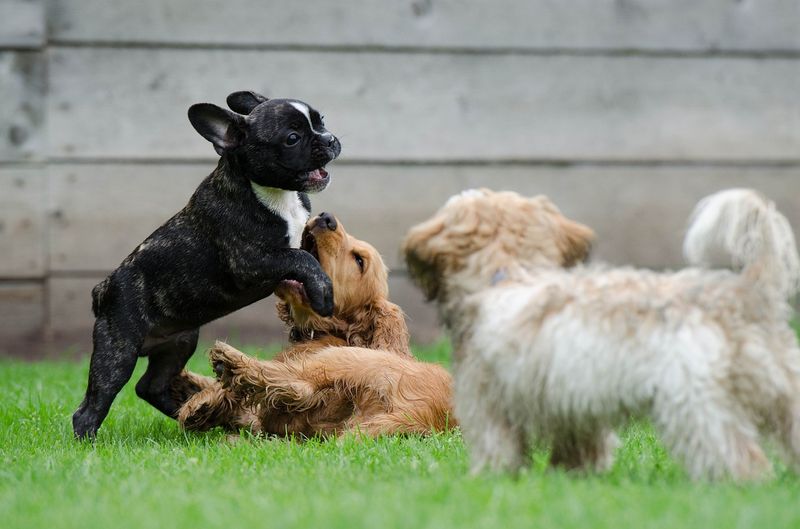
Socialization is key to a well-rounded and confident dog. Regular interactions with other dogs and people reduce anxiety and fear, promoting a calm demeanor in various situations. This exposure helps improve social skills and adaptability in different environments.
Visit dog parks or arrange playdates to encourage positive interactions. Supervised socialization prevents aggressive behaviors and fosters a friendly attitude. Early socialization is particularly crucial, but it remains beneficial throughout their life. A well-socialized dog is happier, making outings and new experiences more enjoyable and stress-free.
Routine Exercise
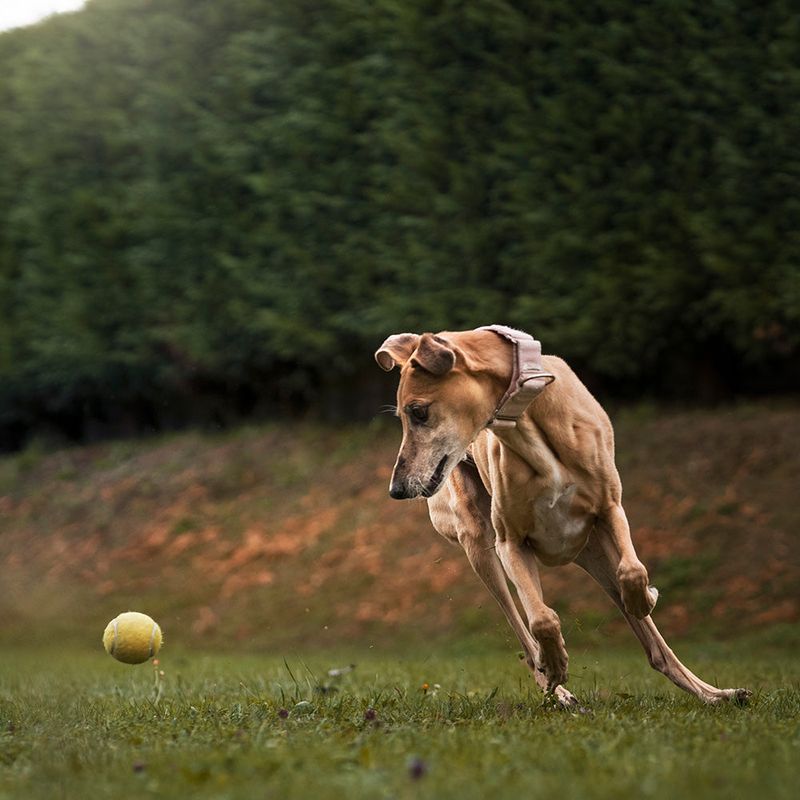
Routine exercise is essential for maintaining your dog’s physical health. Regular activities like walking, running, or playing fetch keep their muscles toned and joints flexible. Exercise helps manage weight, reducing the risk of obesity-related issues.
Physical activity also boosts mood and reduces stress, promoting a calm and happy demeanor. Tailor exercise routines to your dog’s age, breed, and energy levels to ensure they are appropriate and enjoyable. Consistency is key, so incorporate exercise into daily schedules. Keeping your dog physically active is fundamental to their overall well-being.
Healthy Treats
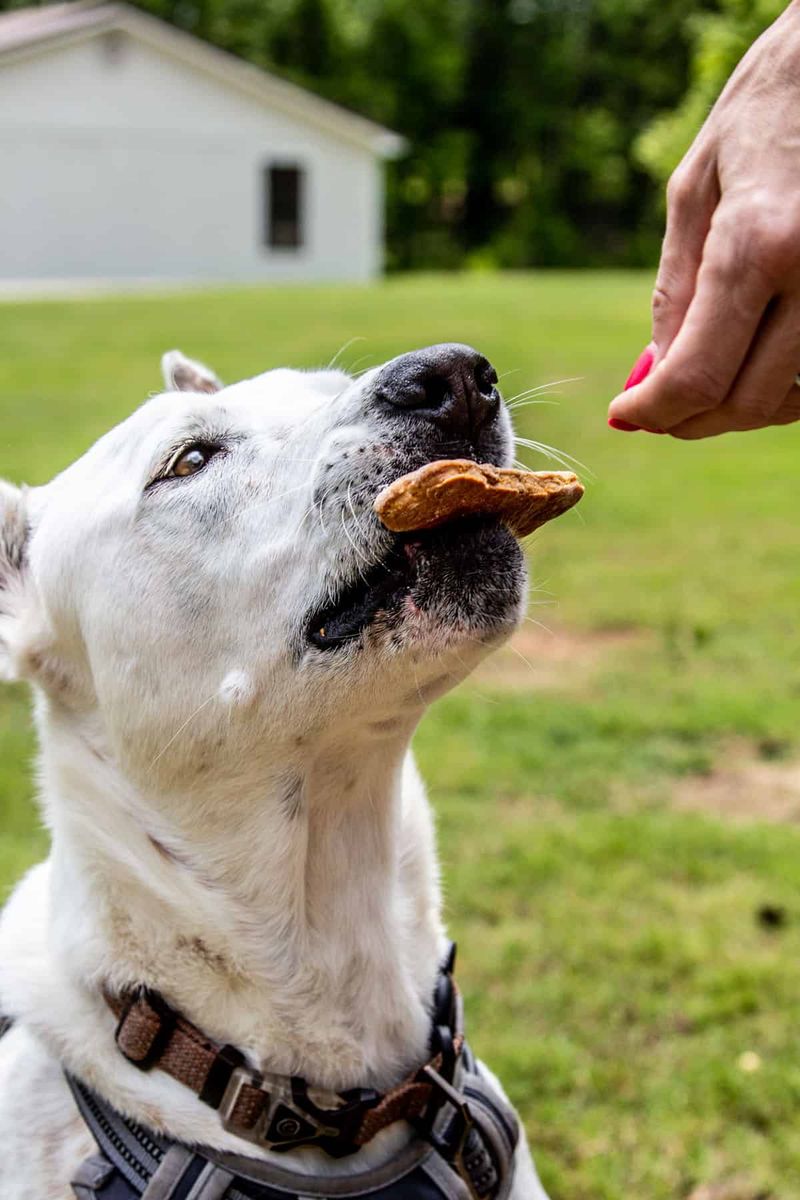
Offering healthy treats supports your dog’s nutrition and training efforts. Opt for natural, low-calorie options like carrots or homemade treats to avoid excess weight gain. Healthy treats provide essential nutrients while being a tasty reward for good behavior.
Moderation is vital, as over-treating can lead to obesity and related health issues. Use treats strategically during training sessions to reinforce positive behaviors. Experiment with different recipes to find what your dog enjoys most. Providing healthy snacks contributes to a balanced diet, enhancing your dog’s overall health and satisfaction.
Safe Space
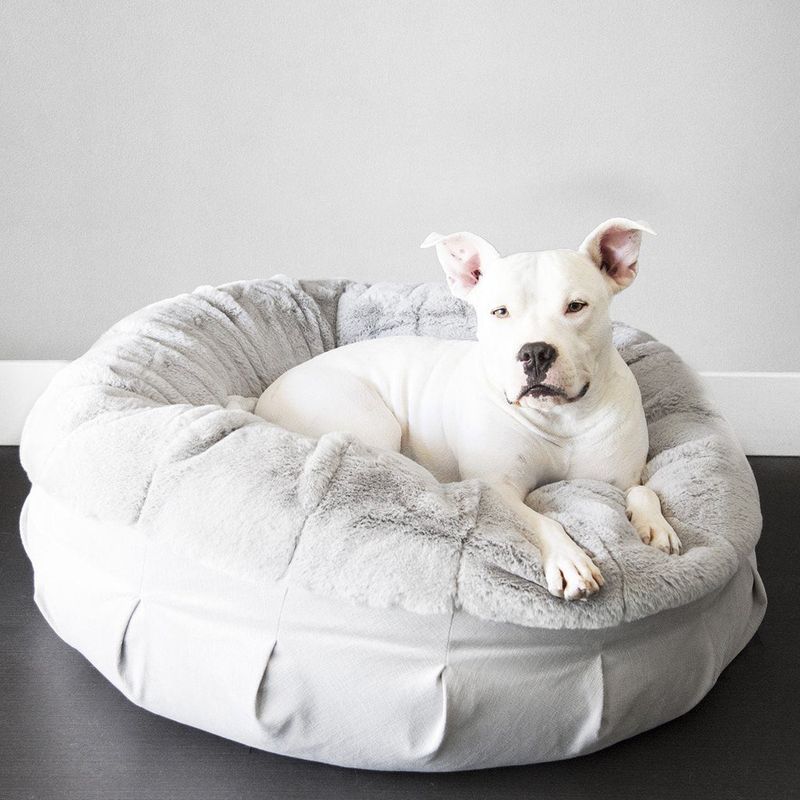
Creating a safe space for your dog is essential for their comfort and security. Designate an area where your dog can retreat to relax and feel safe, especially during stressful times like thunderstorms. Ensure this space is filled with familiar items like toys and bedding.
A safe space helps reduce anxiety and provides a sense of ownership within the home. It’s a place where they can unwind undisturbed, promoting calmness and happiness. Regularly spend time with your dog in this area to reinforce its positive associations. A secure environment is crucial for a happy, confident dog.
Dental Care
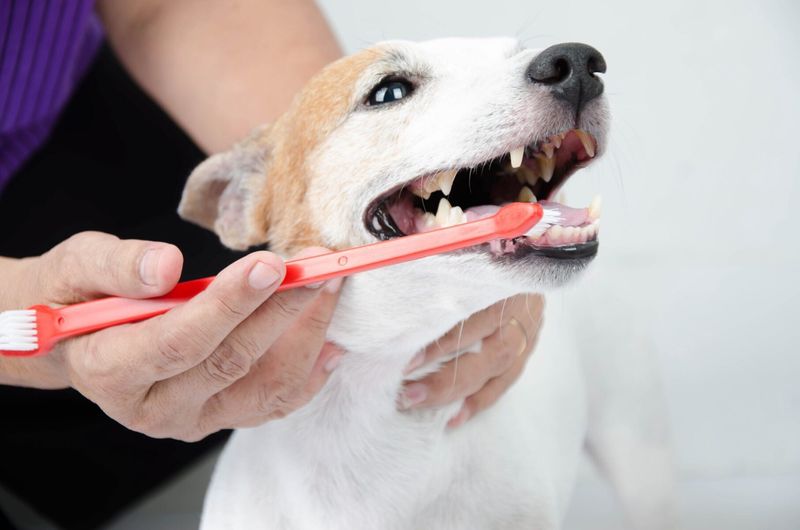
Dental care is a critical aspect of your dog’s health routine. Regular brushing prevents plaque buildup and gum disease, which can lead to serious health issues if left unchecked. Use dog-specific toothpaste and brushes to ensure safety and effectiveness.
Incorporate dental chews or toys designed to clean teeth as part of their oral hygiene regimen. Consistent dental care freshens breath and improves overall health, reducing veterinary costs in the long run. Prioritize dental hygiene to keep your dog’s teeth strong and healthy, contributing to a happier, more comfortable life.
Temperature Regulation

Regulating your dog’s temperature is essential for their comfort and health, especially during extreme weather conditions. Provide shade and fresh water during hot weather to prevent heatstroke. Indoors, use fans or air conditioning to maintain a comfortable environment.
In colder months, ensure your dog has a warm place to rest, away from drafts. Consider clothing or blankets for smaller or short-haired breeds. Understanding your dog’s temperature needs helps prevent discomfort and health issues. Maintaining a suitable environment ensures your dog remains comfortable and content throughout the year.
Positive Reinforcement
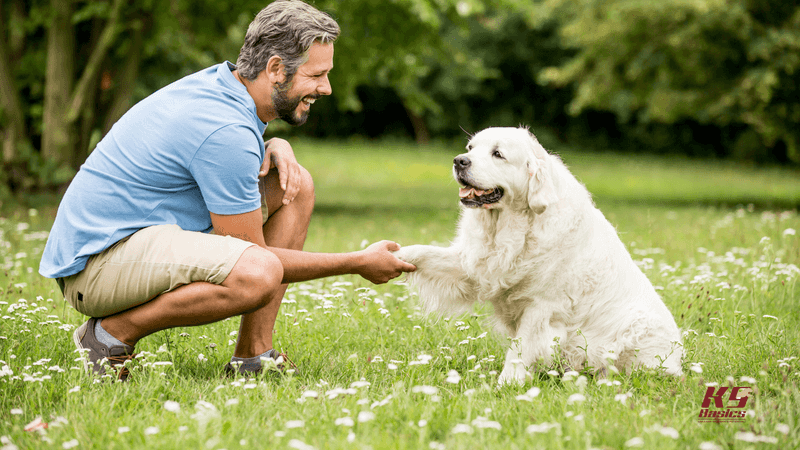
Utilizing positive reinforcement is an effective way to encourage desired behaviors in your dog. Rewarding good behavior with treats, praise, or playtime reinforces learning and strengthens your bond. This approach fosters a positive learning environment, promoting confidence and responsiveness.
Avoid negative reinforcement, as it can lead to fear and anxiety. Consistency is key to effective training, so reward immediately to associate actions with outcomes. Positive reinforcement not only aids training but also enhances your dog’s overall happiness and well-being. It’s a powerful tool in nurturing a well-mannered and joyful pet.
Stress Reduction
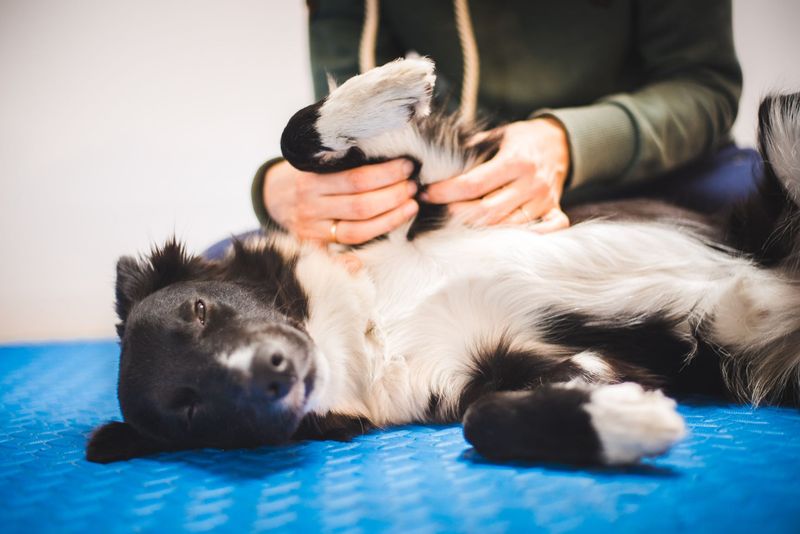
Reducing stress is vital for your dog’s well-being. Identifying stressors, such as loud noises or changes in routine, helps mitigate anxiety and promotes a calm environment. Techniques like gentle massages or calming music can soothe your dog during stressful times.
Consistency and familiarity in daily activities provide security and reduce stress. Create a routine that incorporates downtime and relaxation. If stress persists, consult a veterinarian for additional support. A stress-free life contributes significantly to your dog’s happiness and health, ensuring they thrive in a peaceful and loving environment.
Quality Time
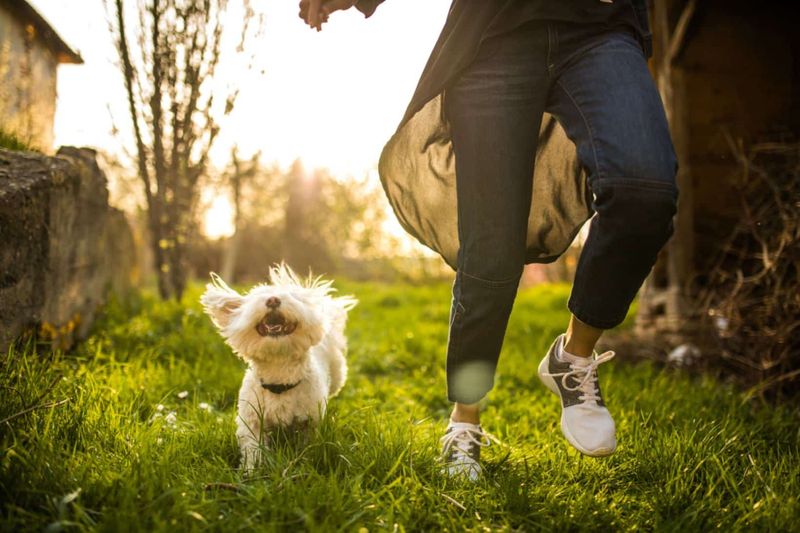
Spending quality time with your dog strengthens your bond and enhances their emotional well-being. Engaging in activities like cuddling, walking, or playing provides companionship and builds trust. Your presence offers comfort, reducing feelings of loneliness or anxiety.
Use this time to observe your dog’s behavior and health, noting any changes that may require attention. Prioritize these moments amidst daily routines to show love and commitment. Quality time is invaluable, creating cherished memories and fostering a deep connection that supports your dog’s happiness and health.
Safety Measures
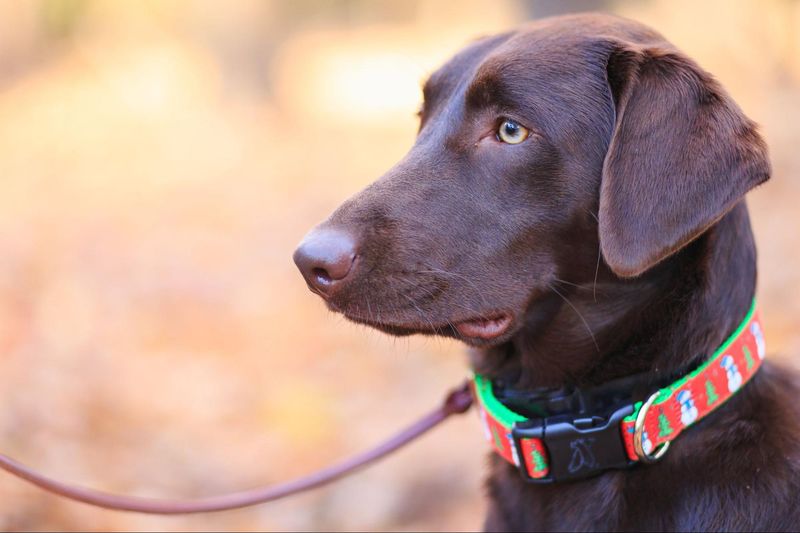
Ensuring your dog’s safety is paramount to their well-being. Using secure leashes and harnesses during walks prevents accidents and escapes. Microchipping and ID tags provide identification, ensuring a swift reunion if your dog gets lost.
Inspect your home for potential hazards, keeping harmful substances and small objects out of reach. Teach basic commands like ‘stay’ and ‘come’ for added safety. Regularly check fences and gates to ensure they are secure. Taking these precautions minimizes risks and keeps your dog safe, allowing for a worry-free environment where they can thrive.
Weight Management
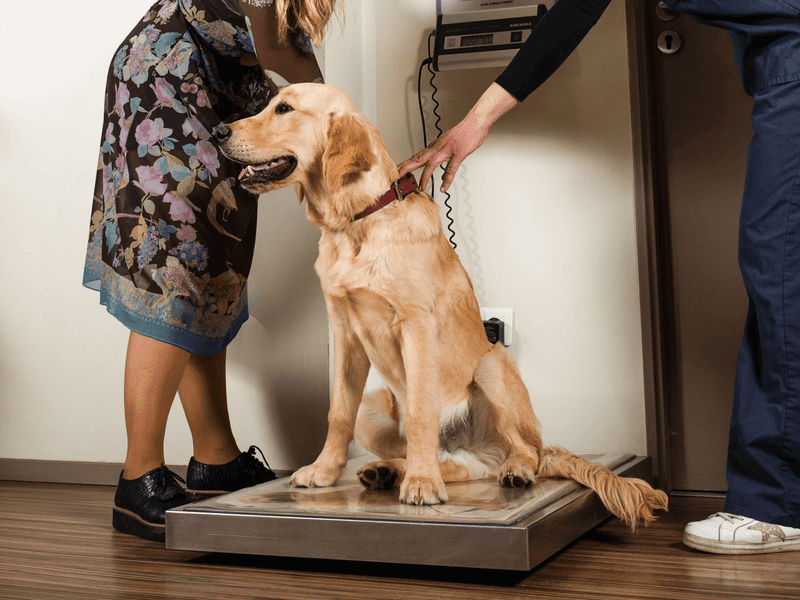
Maintaining a healthy weight is crucial for your dog’s overall health. Obesity can lead to serious conditions like diabetes or joint problems. Regular exercise and a balanced diet are essential components of weight management.
Monitor portion sizes and avoid overfeeding, especially with treats. Regular weigh-ins at the vet help track progress and adjust diets as needed. Understanding your dog’s specific nutritional needs supports effective weight management. Achieving and maintaining an ideal weight ensures your dog remains active, healthy, and happy throughout their life.
Consistent Routine
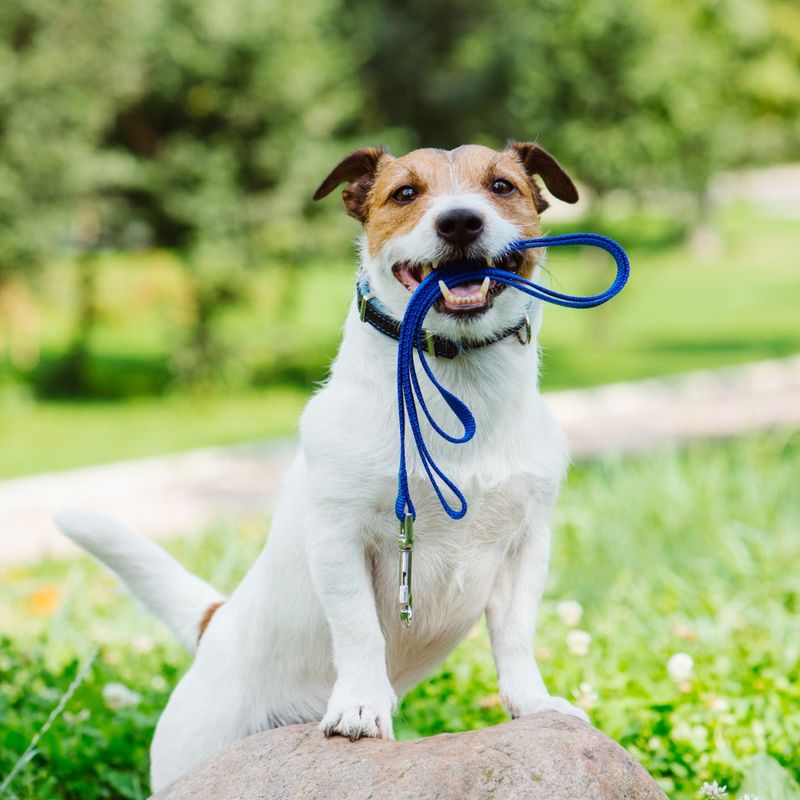
Establishing a consistent routine provides security and comfort for your dog. Regular feeding times, walks, and play sessions create predictability, reducing anxiety and stress. Consistency in daily activities fosters a sense of stability, enhancing their emotional well-being.
A routine allows for better time management, ensuring essential activities aren’t overlooked. It also helps identify any changes in behavior or health that may require attention. Adapt routines as needed to accommodate your dog’s evolving needs, ensuring they remain content and balanced. A consistent routine is foundational to a harmonious and happy life.
Pet Insurance
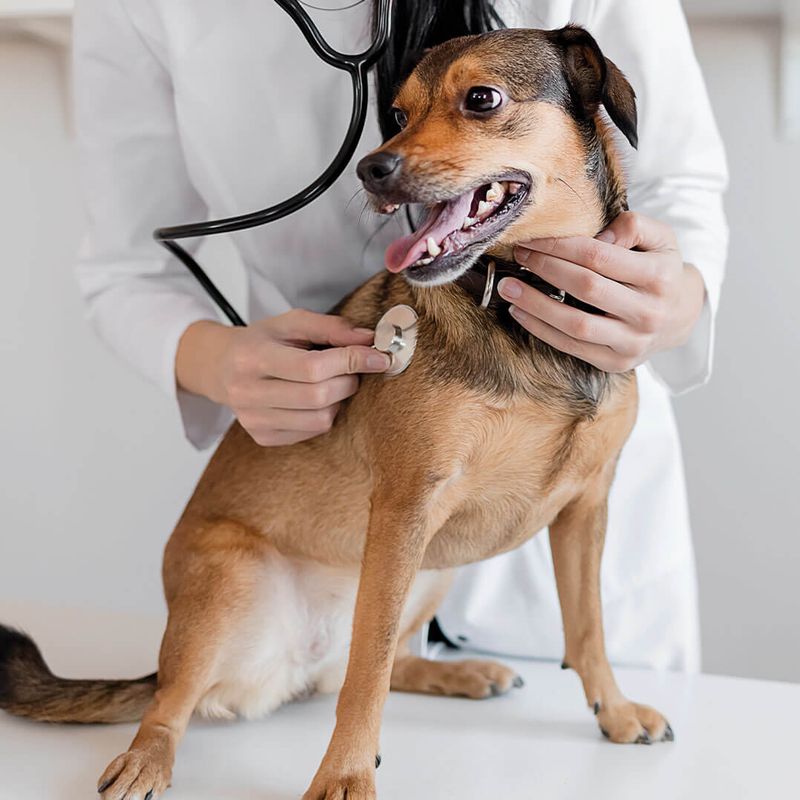
Investing in pet insurance provides peace of mind and financial security for unexpected medical expenses. Insurance covers various treatments, from routine check-ups to emergencies, ensuring your dog receives necessary care without financial strain.
Research different plans to find one that suits your dog’s needs and your budget. Pet insurance allows you to focus on your dog’s health rather than costs, promoting timely medical attention. It’s a proactive step towards responsible pet ownership, ensuring your dog remains healthy and happy throughout their life.
Regular Bathing
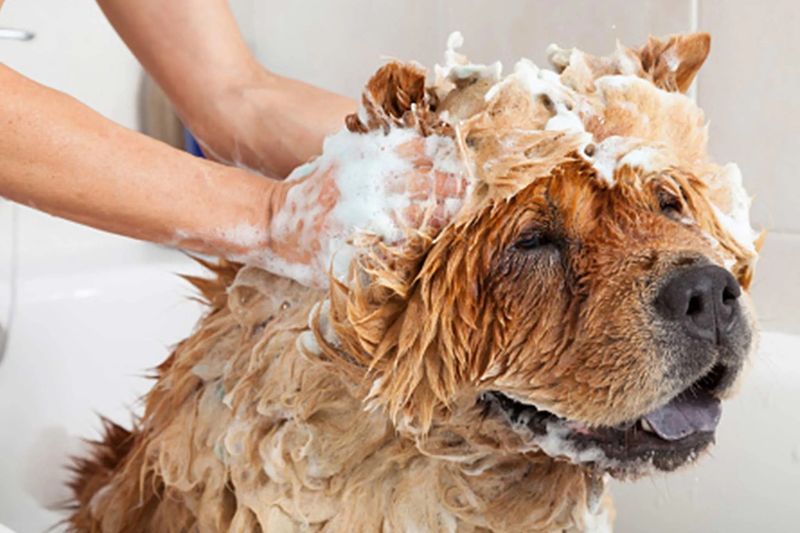
Regular bathing keeps your dog clean and comfortable, supporting skin health and reducing odors. Use dog-specific shampoos to maintain the natural oils in their coat, preventing dryness or irritation.
Bathing frequency depends on your dog’s breed and lifestyle, so tailor routines accordingly. Make bath time enjoyable by using lukewarm water and gentle handling, creating a positive experience. Regular baths help monitor skin conditions, ensuring prompt treatment if issues arise. Cleanliness is vital for your dog’s health and happiness, contributing to a fresh and vibrant coat.
Nutritional Supplements
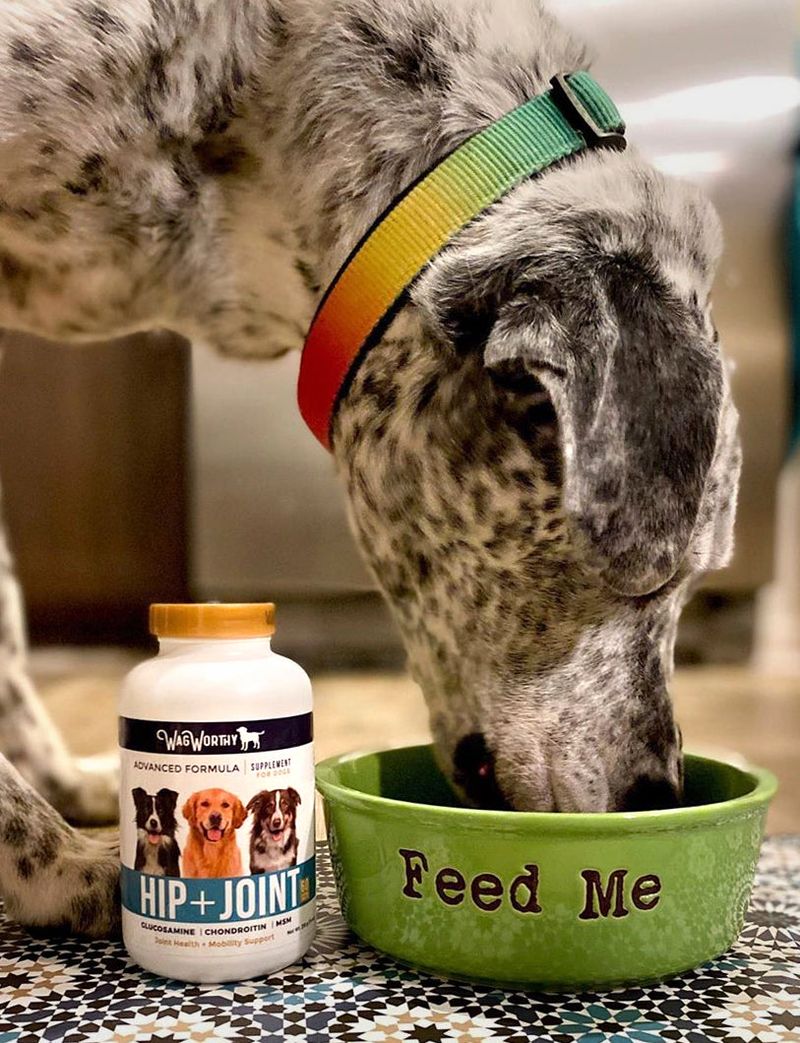
Nutritional supplements can enhance your dog’s diet, providing additional support for specific health needs. Supplements like omega-3 fatty acids promote a healthy coat and reduce inflammation, while glucosamine aids joint health.
Consult with a veterinarian to determine the appropriate supplements for your dog’s age, breed, and health conditions. Supplements should complement a balanced diet, not replace it. Regular monitoring ensures they are effective and safe. Providing the right supplements supports your dog’s overall health, contributing to a longer, happier life.
Sing to Your Dog
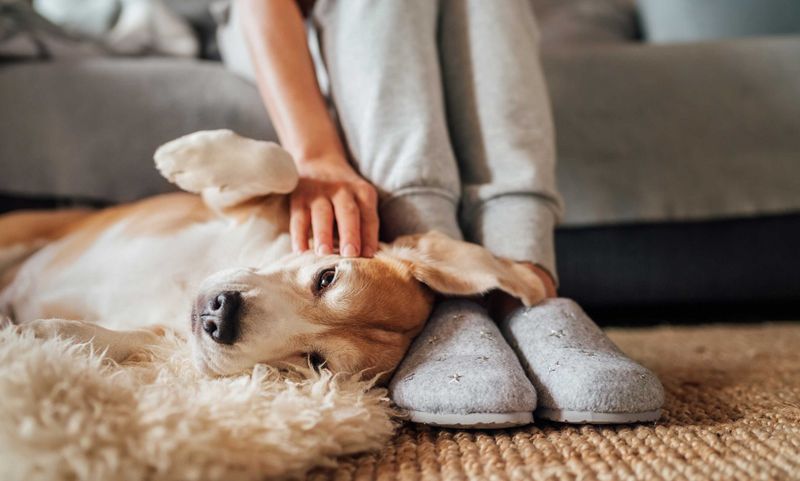
Have you ever considered serenading your pup? Singing to your dog can be a delightful daily ritual that boosts their happiness. Dogs are known to be responsive to sounds and melodies, which can create a calming effect. Choose a quiet time, maybe after dinner, and sing a gentle tune to your furry friend.
Not only is this activity soothing for dogs, but it can also strengthen the bond between you and your pet. Even if you think you’re off-key, your dog won’t mind!
This unique habit adds a touch of music to their life, creating a special moment of connection and joy.

